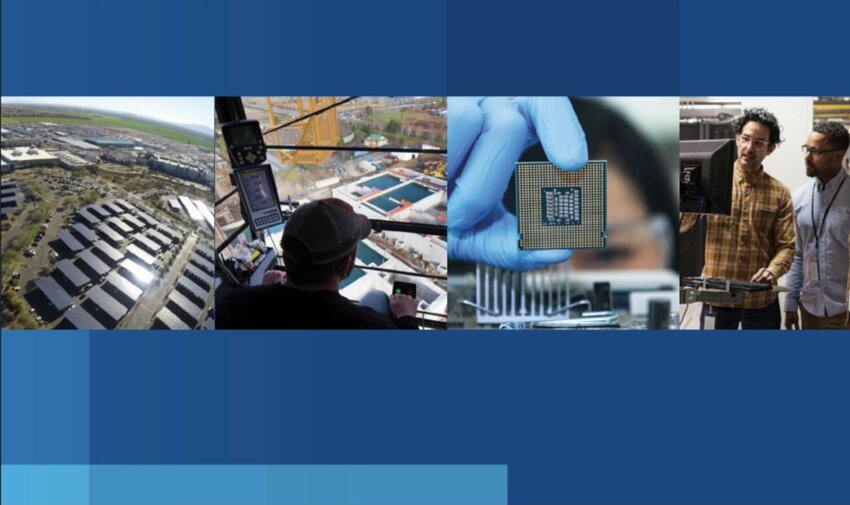 (Credit: Intel)
(Credit: Intel)Supply chain sustainability continues to be an evolving goal for corporations, and according to its 2020-21 Corporate Responsibility Report, Intel is one company that is focusing on improving its suppliers’ environmental management. For example, Intel says it has increased renewable energy from 71% to 82% throughout its own operations and across its supply chain, and conserved 7.1 billion gallons of water, according to the report.
How does the manufacturing giant handle sustainability across its 9,000+ tier 1 suppliers in 89 countries? Here are some of the steps it is taking to improve supply chain sustainability:
and environmental and human rights performance;
Intel says it holds itself accountable to meet or exceed the same standards that it sets for suppliers, and audits itself to the same protocols. Every year, Intel completes the RBA Self-Assessment Questionnaire and publishes the results on its corporate website. In 2020, Intel was ranked in the top 7% of participating companies in CDP’s Supplier Engagement Rating, attaining a Leadership score for the fourth consecutive year, the company says.
Companies have good reason to be focusing on supply chain sustainability: globally, companies face up to $120 billion in costs from environmental risks in their supply chains by 2026, according to research released last February by CDP.